只是看到灾难报道,也有可能出现心理创伤
看到越多灾难相关消息,
越容易出现心理困扰
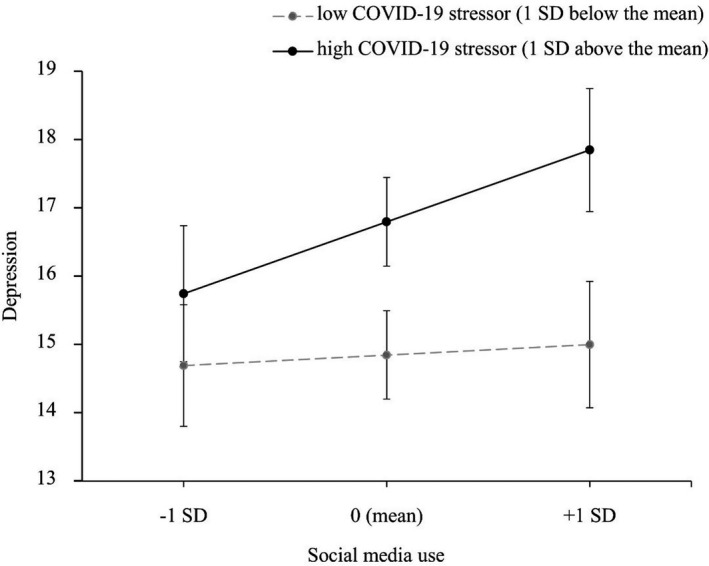
越看越难受,怎么这消息还赶不走呢?
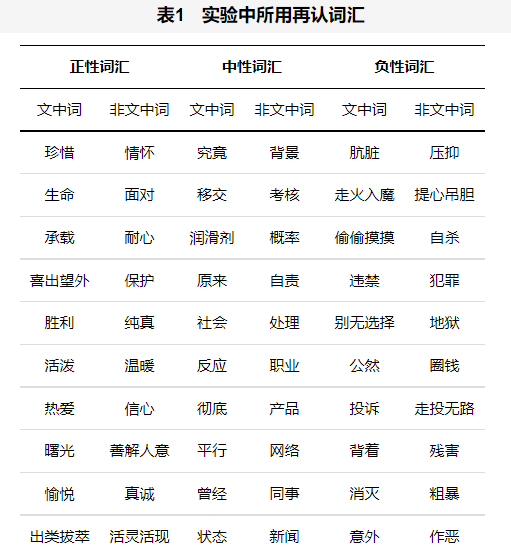
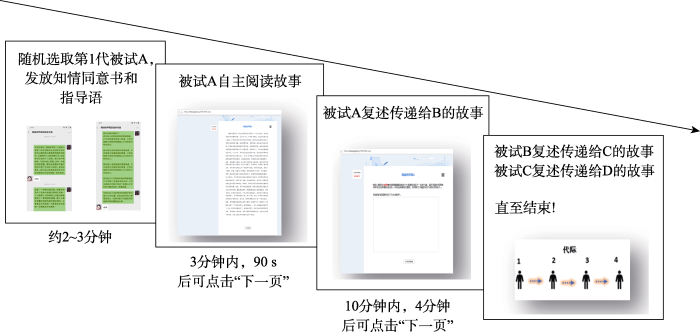
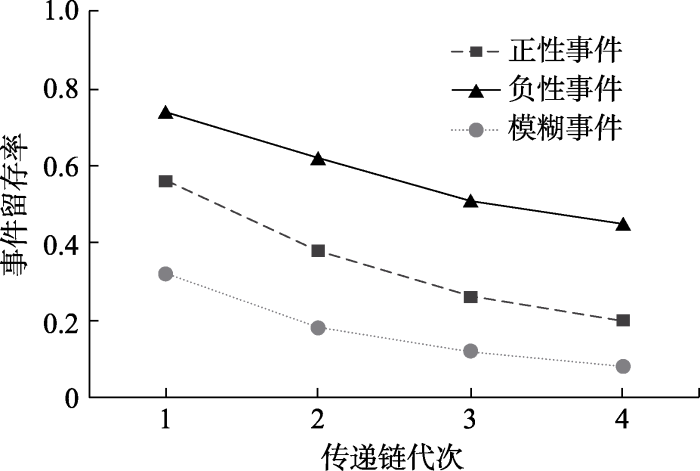
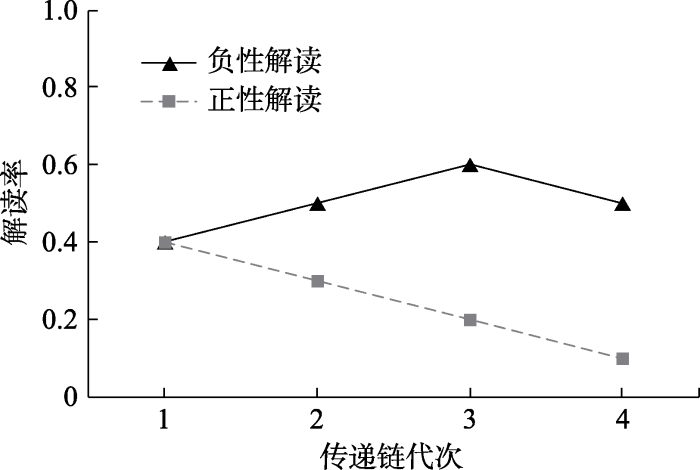
什么样的人更容易受到影响?
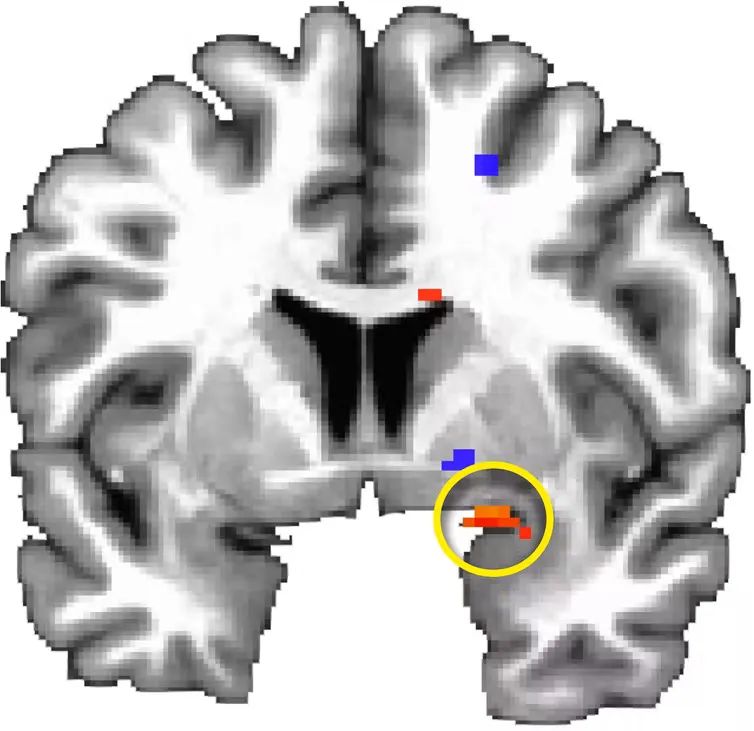
直面灾难,我们能做什么?
参考文献
[1]Pfefferbaum, B., Newman, E., Nelson, S. D., Nitiéma, P., Pfefferbaum, R. L., & Rahman, A. (2014). Disaster media coverage and psychological outcomes: descriptive findings in the extant research. Current psychiatry reports, 16(9), 1-7.
[2]Yeung, N. C., Lau, J. T., Yu, N. X., Zhang, J., Xu, Z., Choi, K. C., ... & Lui, W. W. (2018). Media exposure related to the 2008 Sichuan Earthquake predicted probable PTSD among Chinese adolescents in Kunming, China: A longitudinal study. Psychological trauma: theory, research, practice, and policy, 10(2), 253.
[3]Zhao, N., & Zhou, G. (2020). Social media use and mental health during the COVID‐19 pandemic: Moderator role of disaster stressor and mediator role of negative affect. Applied Psychology: Health and Well‐Being, 12(4), 1019-1038.
[4]张梅, 丁书恒, 刘国芳, 徐亚珍, 傅鑫媛, 张巍, & 辛自强. (2021). 网络突发事件中的负性偏向: 产生与表现. 心理学报, 53(12), 1361.
[5]Dick, A. S., Silva, K., Gonzalez, R., Sutherland, M. T., Laird, A. R., Thompson, W. K., ... & Comer, J. S. (2021). Neural vulnerability and hurricane-related media are associated with post-traumatic stress in youth. Nature human behaviour, 5(11), 1578-1589.
[6]Nagamine, M., Shigemura, J., Fujiwara, T., Waki, F., Tanichi, M., Saito, T., ... & Shimizu, K. (2018). The relationship between dispositional empathy, psychological distress, and posttraumatic stress responses among Japanese uniformed disaster workers: a cross-sectional study. BMC psychiatry, 18(1), 1-7.
[7]http://www.cac.gov.cn/2015-01/01/c_1113850381.htm
[8]https://mp.weixin.qq.com/s/ruNd3FCGtsHSq9nj86RRaw
[8]Seo, M., Sun, S., Merolla, A. J., & Zhang, S. (2012). Willingness to help following the Sichuan Earthquake: Modeling the effects of media involvement, stress, trust, and relational resources. Communication Research, 39(1), 3-25.
作者:苏七年
编辑:游识猷

本文来自果壳,未经授权不得转载.
如有需要请联系[email protected]
